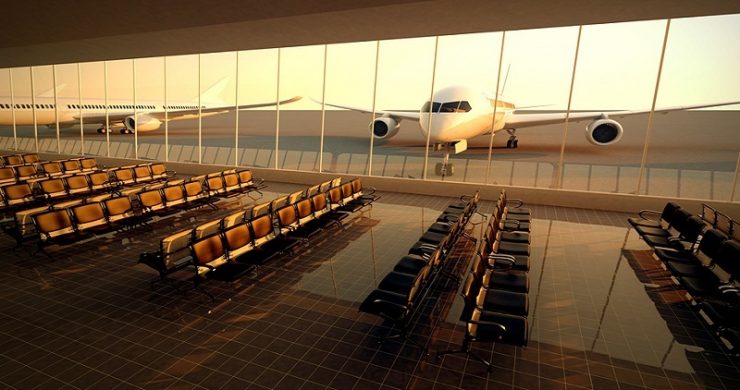TOURISM and Supporting State-Owned Enterprises (BUMN) Holding targets to be able to reap revenues of US$23 billion. Holding of State-Owned Enterprises Tourism and Support targets revenues of US$23 billion with 330 million domestic trips by 2024.
According to the Director of the Project Management Office Holding BUMN for Tourism and Support, Edwin Hidayat, Thursday (8/19) explained that the current function of the airport is vital for Indonesian tourism. The majority or 80% of flight trips are for tourism purposes and the geographical conditions of Indonesia.
“However, the technocratic development approach has a negative impact on the resilience of airport operations. future airport. Therefore, the airport has developed a hub-oriented development concept to increase the added value of the airport and the local economy,” he said.
He explained that this optimal added value, he said, could be done by collaborating on the development and management of tourism aspects of each airport between Holding and the Ministry of Tourism and Creative Economy.
“There is a target until 2024, namely US$23 billion in earnings with a 4.5% contribution to Gross Domestic Product [GDP] until 2024 later. Other figures that will be pursued by this BUMN holding are 330 million domestic trips and 17 million international tourists. Travel and Tourism Indonesia is also ranked 35th globally,” Edwin Hidayat remarked.
Edwin elaborated the target was in line with the goal of establishing Holding BUMN and supporters who could support the resilience of actors in the aviation and tourism ecosystem. Among them are through Financing Establishment, Optimization of Shared Services, Better Business Synergy.
“This is because HoldingCo will raise funds for the group, in addition to joint internal funding. In the future, all strategic directions related to this ecosystem will be centrally sourced from HoldingCo,” he pointed out.
Thus, there will be an alignment of the Company’s Budget Work Plan (RKAP) and the Company’s Long-Term Plan (RJPP). There will be a hub-spoke arrangement and airline-airport-destination collaboration. The use of IT systems together,” he added.
As is known, until now the spread of the COVID-19 pandemic throughout the world has triggered restrictions on people’s mobility in various countries around the world. These restrictions will cause a significant decline in global air traffic in 2022 and will gradually recover triggered by domestic air traffic.
The COVID-19 pandemic has also had a significant impact on Indonesian aviation traffic. Air traffic in Indonesia also experienced a drastic decline as reflected in the decrease in the number of aircraft movements, passenger movements, and cargo movements at Angkasa Pura II, respectively, to 844,000 movements, 68 million passengers and 1.14 million tons.
Edwin Hidayat projects that the recovery process for air traffic in Indonesia will be initiated by the recovery process in the cargo business with a projection of 1.2 million tons by 2022. [bisnis.com/photo special]
















